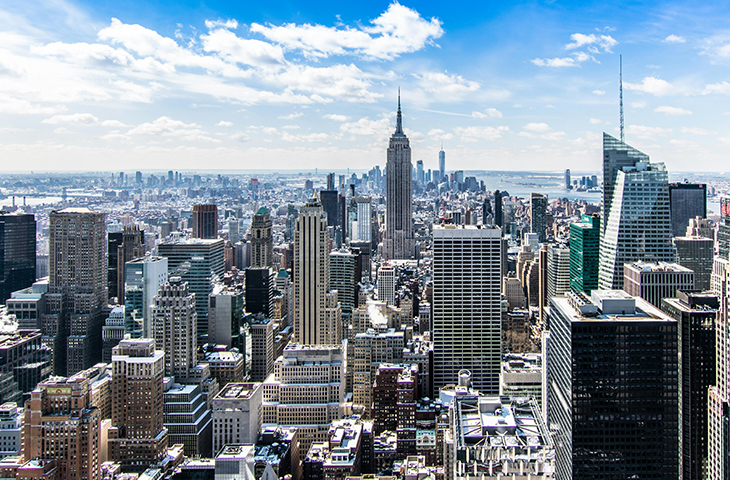Russia's Overheated Economy Is Squeezing One Of Moscow's Key Trading Channels With China

President Vladimir Putin reviewing Russian troops.
Contributor/Getty Images
- Russia's railway industry is in the midst of a big downturn, according to one Russian research firm.
- Investment in Russia's railways is being slashed by nearly a third next year, TASS reported.
- It complicates Russia's trade with China, which has relied partly on rail transport.
One of Russia's key trading channels with China is facing serious snags. That's a result of burdens stemming from Russia's war-driven economy, which have fueled a big slowdown in the nation's rail industry — a vital means of trade between Moscow and Beijing.
Russia's rail industry is in its worst slowdown since the Great Financial Crisis, with the downtrend "still going strong," according to an analysis from the Russian research firm MMI Research. Freight volume transported by Russian Railways, Russia's state-owned rail system, slumped 5% in the first 11 months of 2024 compared with the same period last year, according to MMI data cited by Bloomberg.
The slowdown is driven in part by Russia's need to ship war-related materials, which have worsened supply bottlenecks and slowed the trade of key commodities, like coal and aluminum, the outlet reported.
Investment in Russia's railroads is also being slashed, partly due to high interest rates in the nation, according to a report from the state-owned news agency TASS. Russian Railways said it would earmark just 890 billion rubles, or $8.5 billion, for its investment program next year, a 30% cut from investment in 2024, TASS reported.
The firm is mulling whether it should cut investment by another third through the end of the decade, the Russian outlet Kommersant reported. Russian Railways did not immediately respond to a request for comment from Business Insider.
The changes spell bad news for Russia's trade with China, which has leaned on railway transport amid Western sanctions. Russia poured billions into its railways earlier this year partly to accommodate its increased trade with China.
The changes also speak to the growing costs of Russia's war against Ukraine, which have produced myriad economic problems for Moscow.
Russia's central bank raised interest rates to a record 21% earlier this year in an effort to lower sky-high inflation. The bank kept interest rates level in their policy decision last week, due to concerns about "excessive cooling" in Russia's wartime economy, according to the nation's top central banker.


